Search
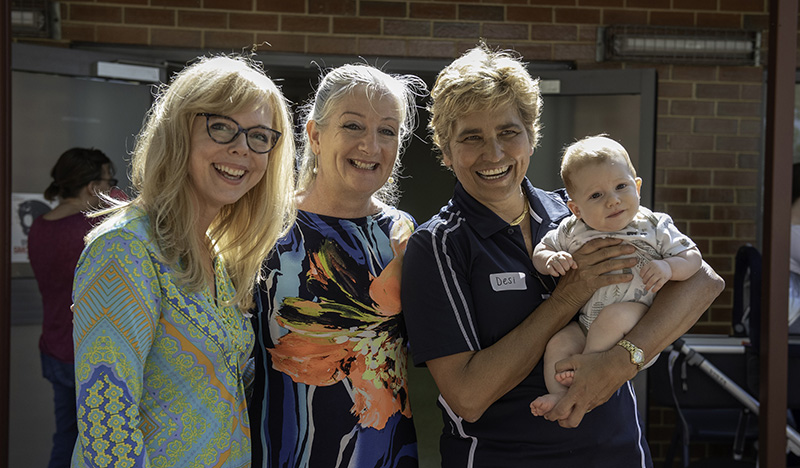
News & Events
$26M Kids BonusPrime Minister Malcolm Turnbull last night pledged at Telethon to fund a landmark $26 million health study that will follow the early lives of 10,000 WA children.
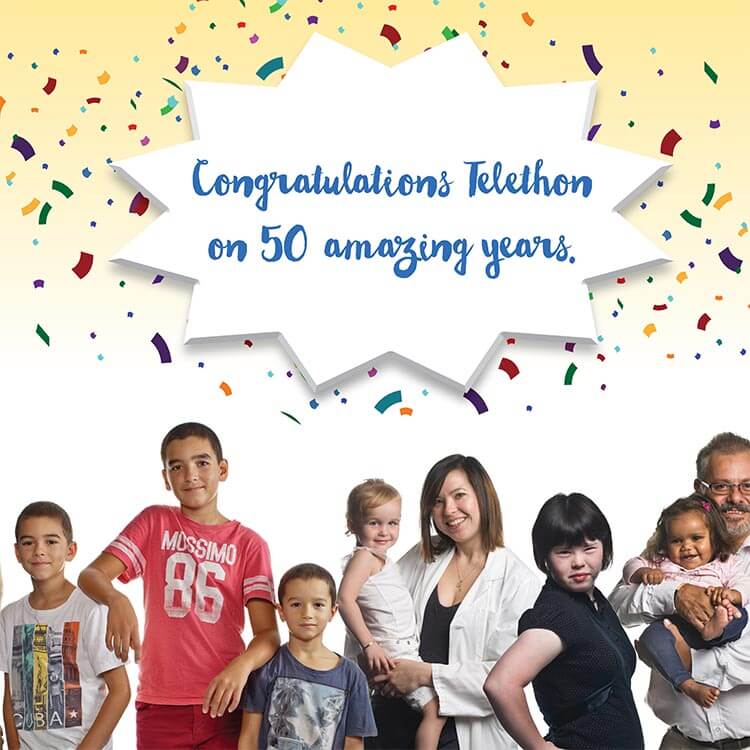
News & Events
50 years of magic and funCelebrating 50 years of collaboration between Telethon and ORIGINS.
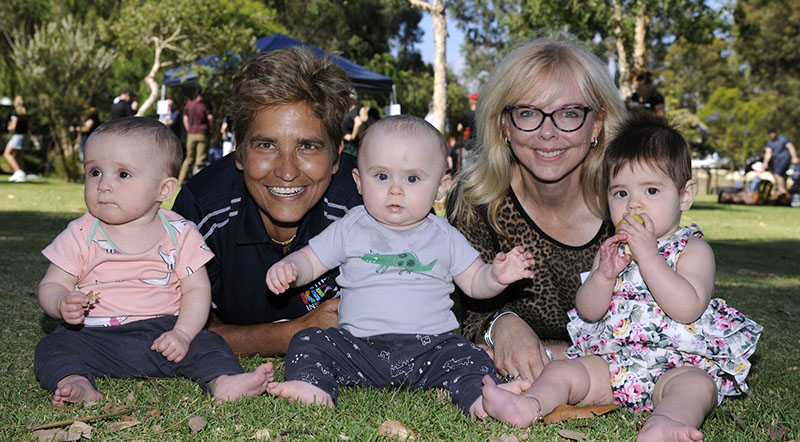
News & Events
Landmark $26m child health study eyes Wanneroo-Joondalup mums and dadsThe Federal Government has joined with the Paul Ramsay Foundation to fund the project, with each pledging $13 million over 10 years.

News & Events
Perth kids’ exposure to technology under microscopeThe link between increasing anxiety among young children and too much screen time at the expense of “nature time” will be the focus of a new Perth study.
Information about Sub-Project Implementation Process
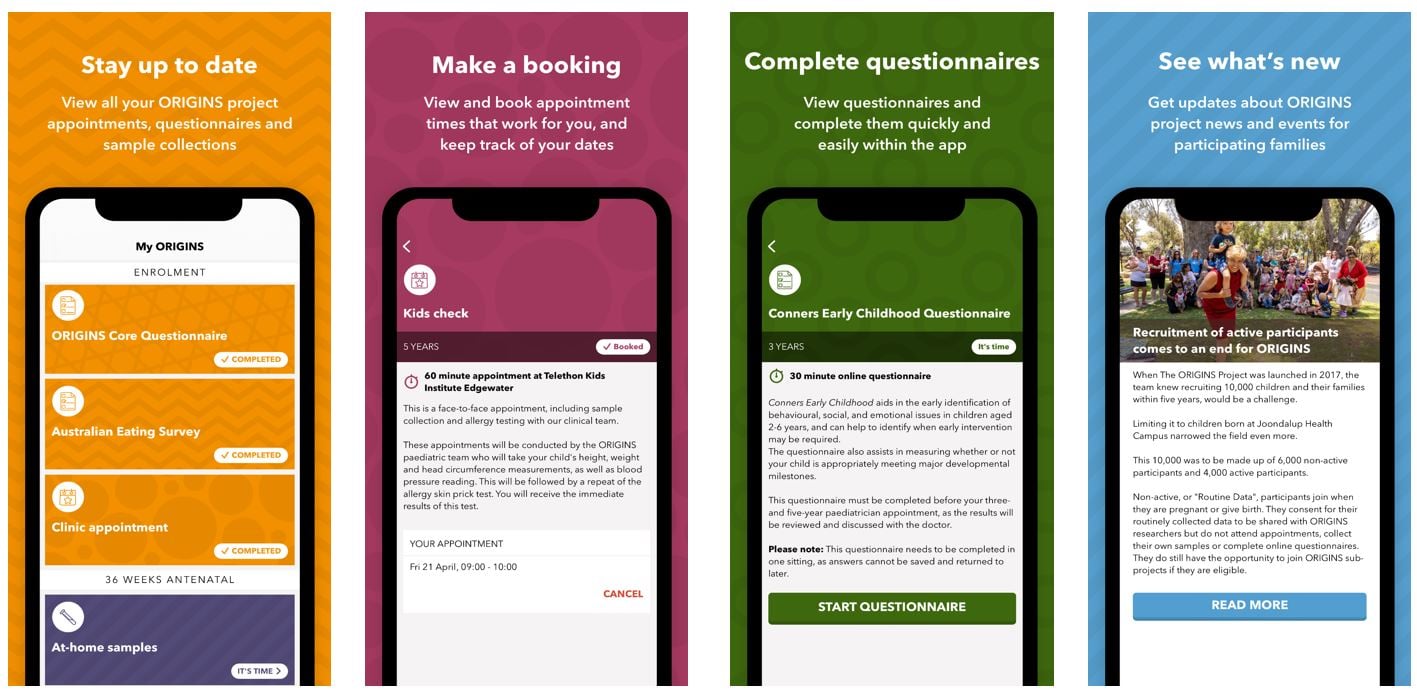
Helping ORIGINS families to stay on track in their ORIGINS journey
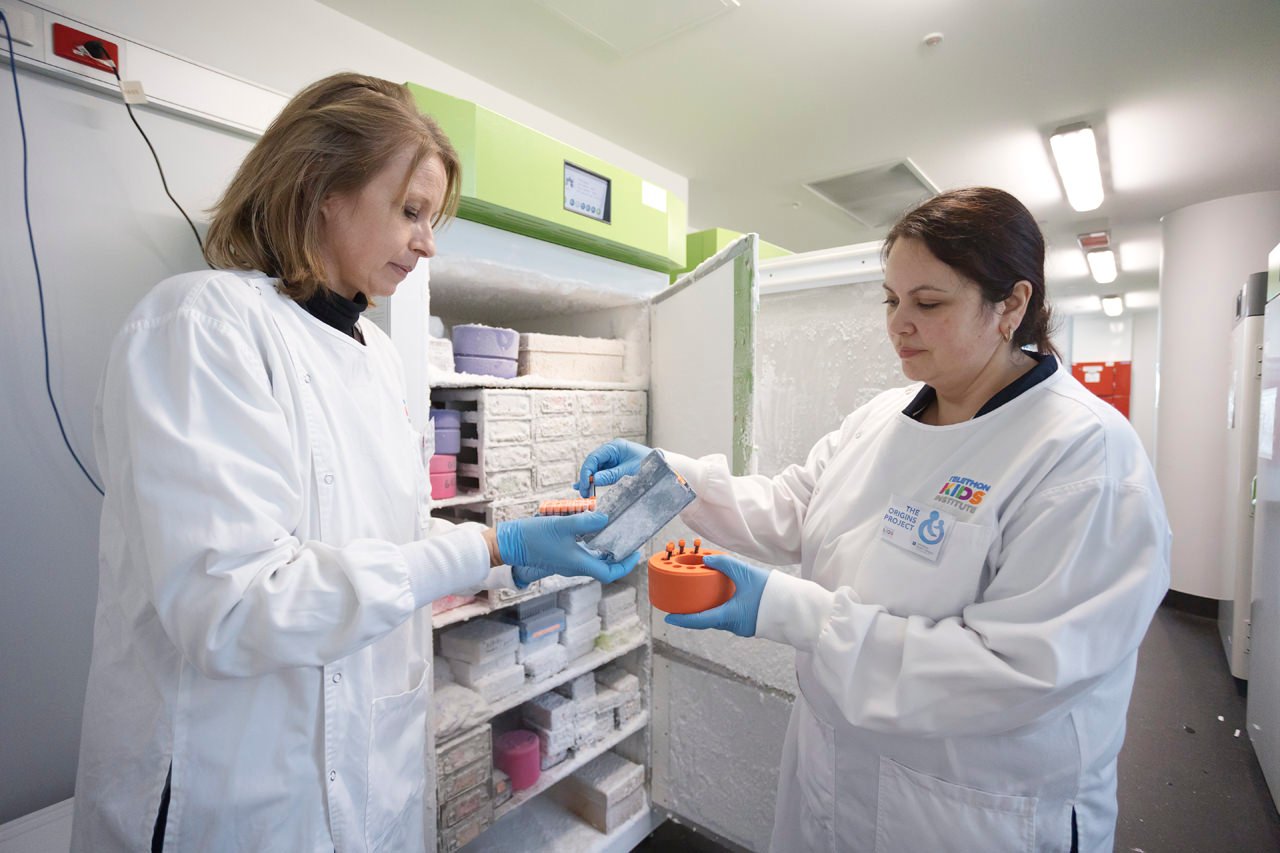
A step-by-step guide to collecting and returning ORIGINS samples
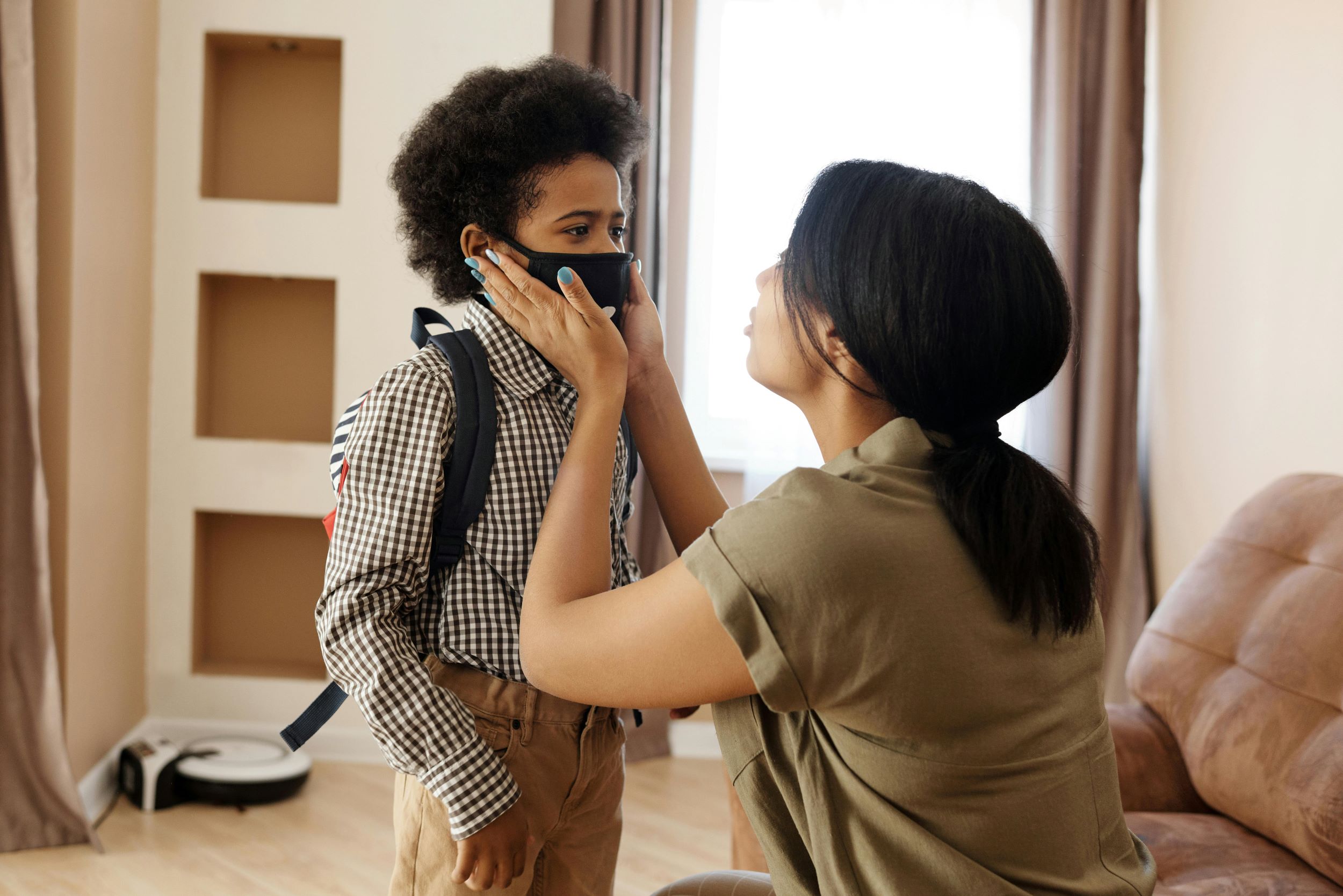
Assessing the virus transmission, immunity development and wellbeing of families during COVID-19
